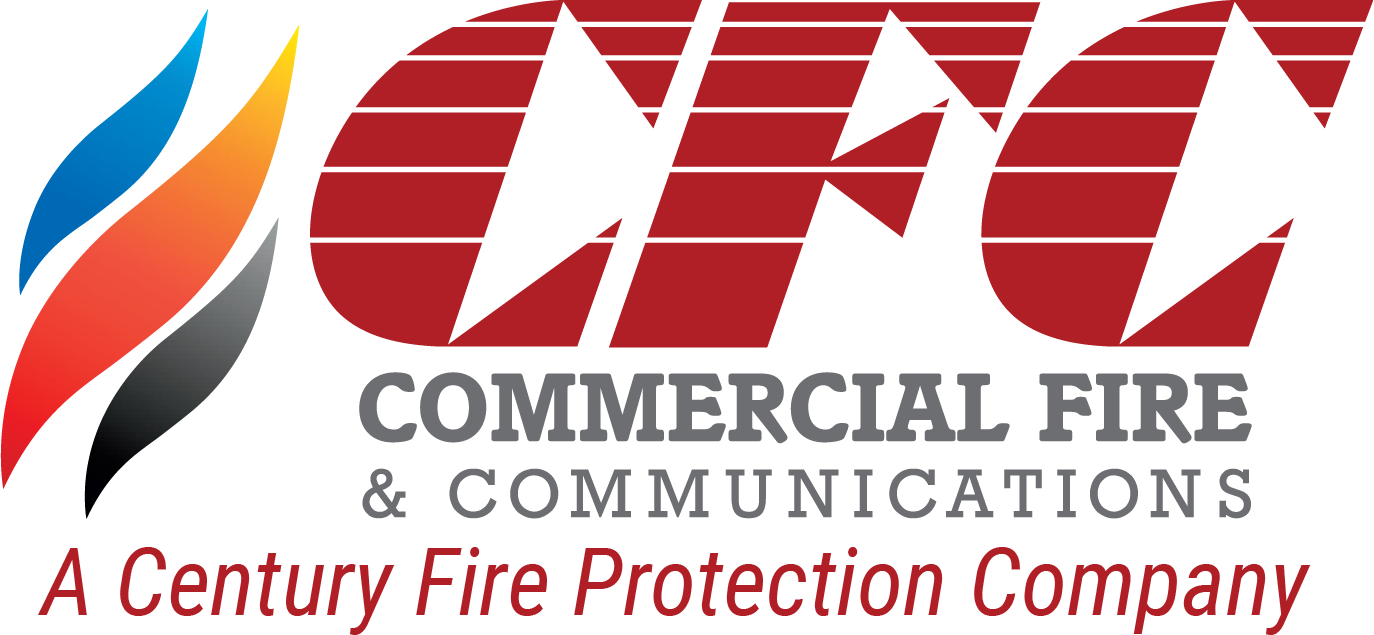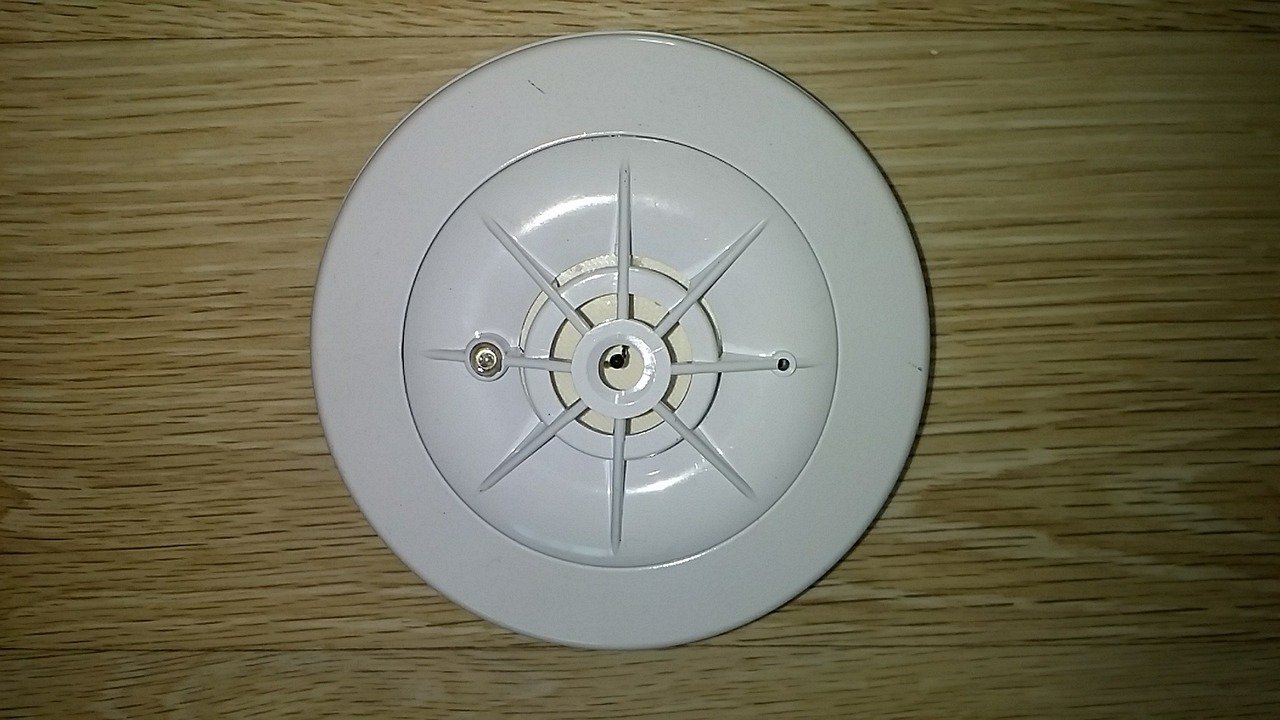Unfortunately, every day, all around the world fires cause harm to people and property. With proper equipment and preventative measures, property and—more importantly—lives can be saved. Fire alarm systems are used to detect fire and notify people on the premises, along with the proper authorities, in a timely manner. A properly functioning fire alarm system is one of the first lines of defense for protecting your property and its inhabitants, which is why it is mandated by code for many types of properties.
What is a Fire Alarm System?
A fire alarm system may also be referred to as a fire detection system, since it detects fire first and then sounds the alarm. Fire alarm systems alert the inhabitants of a building in the event of a fire,, as well as fire fighting professionals. Systems like this may warn of fire, smoke, carbon monoxide and other hazards in addition to actual fire. Modern fire alarm systems activate automatically via internal detectors. Most fire alarm systems also have a manual activation device, so a person can warn of impending danger even before the automatic detector picks up something wrong.
What Components Make up a Fire Alarm System?
Fire alarm systems usually have multiple components that are hard-wired into the building where they are installed. These components include:
- A brain, or central control panel
- One or more manual units, installed in a variety of locations
- Multiple automatic detectors, installed in areas most likely to pose a threat of fire
The detectors and manual units are connected to the control panel through a series of conduits that may or may not be hidden behind walls.
Does Your Building Need a Fire Alarm System?
Many kinds of buildings are required to have an actively monitored fire alarm system installed. This requirement is governed by the appropriate NFPA codes as well as the IFC (International Fire Code) and building codes enforced where your property is located. These codes will dictate based on the building type or occupancy (occupancy classification or occupancy group) whether a fire alarm is required. The installation of a fire sprinkler system might also be a factor that will determine if a fire alarm is required. When it comes to fire safety for property and human life, redundancy makes good sense. If the sprinkler system fails, then the fire alarm system will still alert inhabitants as soon as possible to escape the building and avoid injury or worse.
Building owners and managers should consult with a fire protection contractor like CFC or an engineer to help determine if their property requires a fire alarm system. Ultimately, the decision will rest with your local Authority Having Jurisdiction (AHJ). Your insurance carrier’s requirements should also be considered.
When fire breaks out, seconds count. A fire alarm system gives the people inside the property as much time as possible to escape from danger. A system like this is also instrumental in getting fire fighters and their equipment to the scene sooner rather than later. For more information about protecting your premises with a fire alarm system, please contact us today.

